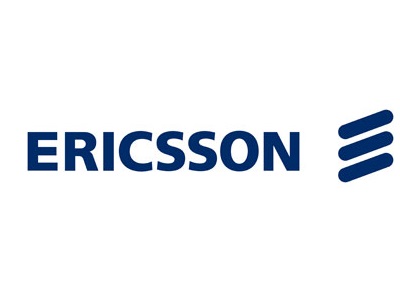Until now we were not used to seeing large lawsuits being filed by companies in the telecom sector against each other here in India. Ericsson, the erstwhile manufacturer of mobile phones and currently a large cellular infrastructure provider however decided to go against norms and sued Indian manufacturer Micromax for allegedly infringing upon their patents related to various facets of cellular technologies they invented and patented. Ericsson holds over 30,000 patents to various cellular technologies and had also sued Samsung earlier in South Korea and seems to be extending their battle towards India – one of the world’s largest mobile phones market.

Earlier in the week, Ericsson had moved the Delhi High Court and claimed Rs.100 Crore (Rs. One Billion) in damages after over three years of negotiations with Micromax failed to yield any results. It was also reported that Ericsson would be going after other local brands like Karbonn, Lava and Spice amongst others in order to license their patents. Ericsson wants these companies to sign up and license their technologies on FRAND (fair, reasonable and non-discriminatory) terms
As for Micromax, the company which initially decided to contest the suit in court seems to have mellowed down their tone after a court gave an interim order in favor of Ericsson. There were reports earlier about Micromax terming Ericsson’s move as a bid to extort what they termed “irrational and inequitable” license fees. The interim ruling came on Monday which asked Micromax to work out a FRAND agreement with Ericsson to which Micromax seems to have agreed upon.
It would be interesting to see what steps Micromax would take hereon and whether Ericsson would continue with its plan to go after other Indian players as well.
The decision of Ericsson to go after local mobile phone brands in India is seen as “coming-of age” of the India mobile phones market which has been seeing phenomenal growth over the past few years. A major chunk of this growth was fueled by low cost players like Micromax and Karbonn. It seems Ericsson decided to wait and watch until these companies matured and then decided to take the legal route – as it has been doing in more mature markets across the globe. How this affects the functioning of these low cost companies is yet to be seen, though.





